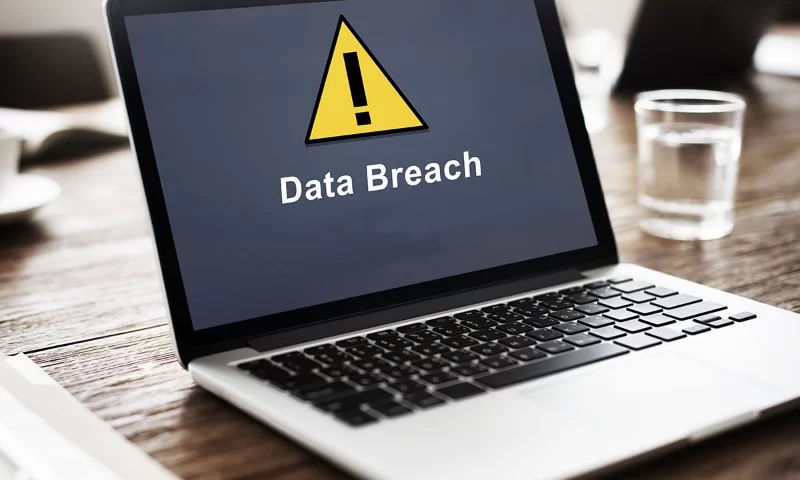
- why-data-breach-laws-matter-to-mobile-users - Why Data Breach Laws Matter to Mobile Users
- how-data-breach-notification-laws-work - How Data Breach Notification Laws Work
- specific-risks-mobile-users-face-in-breaches - Specific Risks Mobile Users Face in Breaches
- real-world-mobile-data-breach-incidents - Real-World Mobile Data Breach Incidents
- your-rights-and-what-to-expect-after-a-breach - Your Rights and What to Expect After a Breach
- how-esplawyers-can-protect-your-digital-privacy - How ESPLawyers Can Protect Your Digital Privacy
1. Why Data Breach Laws Matter to Mobile Users
In an age where we bank, shop, communicate, and manage our lives through smartphones, data breach notification laws and mobile users have become inseparable topics. If your phone is your wallet, ID, and social connection hub, a breach is more than an inconvenience—it’s a direct hit to your privacy and security.
Mobile apps collect vast amounts of personal data—from location and contacts to payment history and browsing habits. If this information is compromised, the legal implications and personal consequences can be severe. That’s where data breach notification laws come in: to ensure you're informed and protected if your information falls into the wrong hands.
2. How Data Breach Notification Laws Work
2.1 Legal Duty to Inform
Most data breach notification laws, both federal and state-level, require companies to notify individuals when their personal information has been compromised. The definition of “personal information” often includes names, Social Security numbers, financial account info, and, increasingly, mobile-specific data like device IDs and GPS location.
2.2 Notification Timing
Timeliness is critical. Many laws mandate that individuals be notified “without unreasonable delay,” usually within 30 to 60 days. For mobile users, this can determine how quickly you can freeze accounts, change passwords, or secure financial data.
2.3 Applicability to Mobile Platforms
Mobile apps and service providers are not exempt. In fact, mobile platforms handling sensitive user data fall squarely within the scope of breach laws. If a breach occurs through a mobile app or SMS-based phishing, providers must notify users under the same laws that apply to desktop-based breaches.
3. Specific Risks Mobile Users Face in Breaches
3.1 App-Based Data Leaks
Apps often request permissions beyond what they need—think camera, location, or microphone access. If app data is stored insecurely or sent to third-party servers, hackers can exploit these loopholes to access private data.
3.2 Public Wi-Fi Exploits
Using unsecured public Wi-Fi without a VPN is a major risk for mobile users. If attackers intercept unencrypted data on your device, they can access email credentials, bank logins, or personal messages.
3.3 SIM-Swapping and Credential Theft
Mobile-specific threats like SIM-swapping allow attackers to hijack your phone number and bypass two-factor authentication, accessing your accounts with shocking ease. Even a minor app vulnerability can lead to major personal exposure.
4. Real-World Mobile Data Breach Incidents
In 2022, a popular fitness tracking app suffered a breach that exposed the location history and biometric data of millions of users. Though the company notified users after two months, the delay allowed identity thieves to exploit leaked data for phishing scams.
Another incident involved a rideshare app where user email addresses and partial payment data were leaked. Despite strong privacy promises, the company’s slow notification process violated several state laws, prompting multiple lawsuits.
5. Your Rights and What to Expect After a Breach
5.1 Right to Notification
You have a legal right to be informed if your mobile data has been compromised. The notice must include what data was exposed, how it happened, and what steps the company is taking to fix it.
5.2 Right to Identity Protection Services
Many states now require companies to offer free credit monitoring or identity theft protection after certain types of breaches—especially those involving financial data or Social Security numbers.
5.3 Right to Take Legal Action
If a company failed to protect your data or notify you in time, you may have legal grounds for a claim. This is especially relevant for mobile users whose data is used for targeted advertising or sold without consent.
6. How ESPLawyers Can Protect Your Digital Privacy
If your mobile data has been compromised and you're unsure what your rights are under data breach notification laws, ESPLawyers can help. Our team specializes in digital privacy and consumer protection, offering legal insight and action for those affected by mobile breaches.
From evaluating your eligibility for compensation to guiding you through a class-action or individual legal process, ESPLawyers is here to ensure your rights aren’t just acknowledged—they’re enforced. Mobile users face fast-evolving threats. With our legal expertise, you don’t have to face them alone.
Take back control of your data. Reach out to ESPLawyers today for tailored guidance on protecting your mobile privacy rights.








